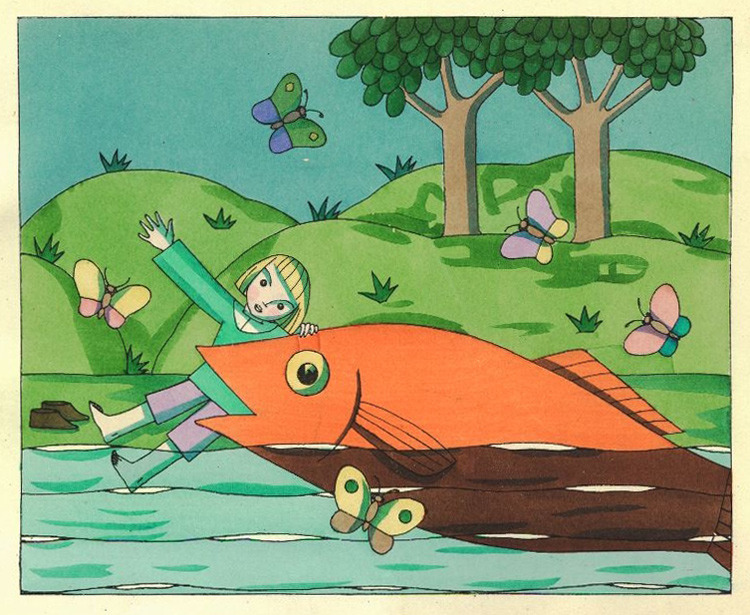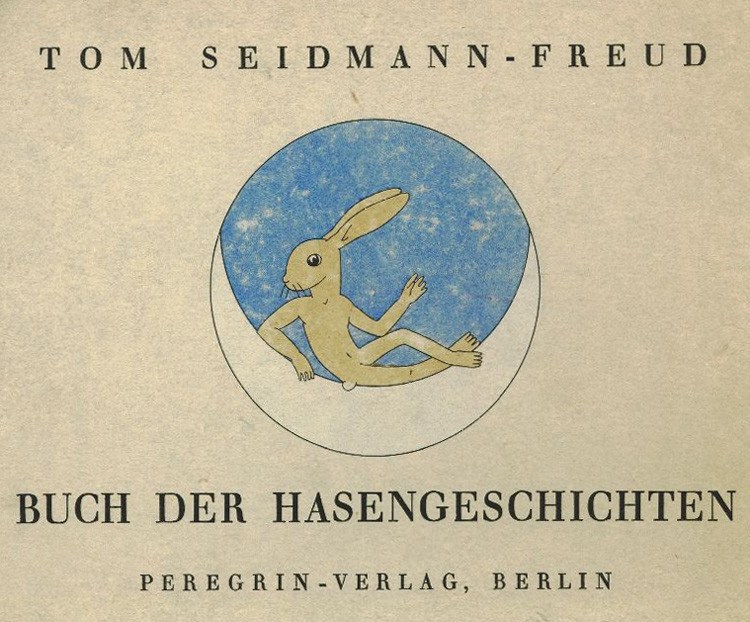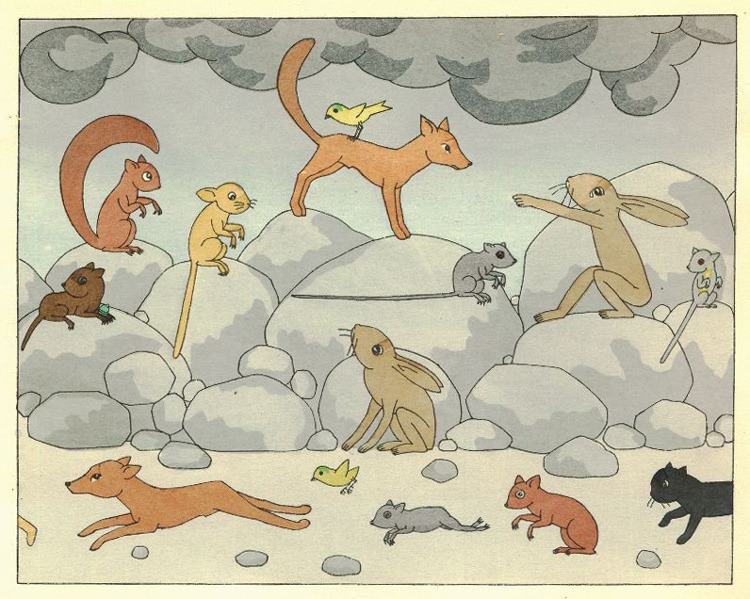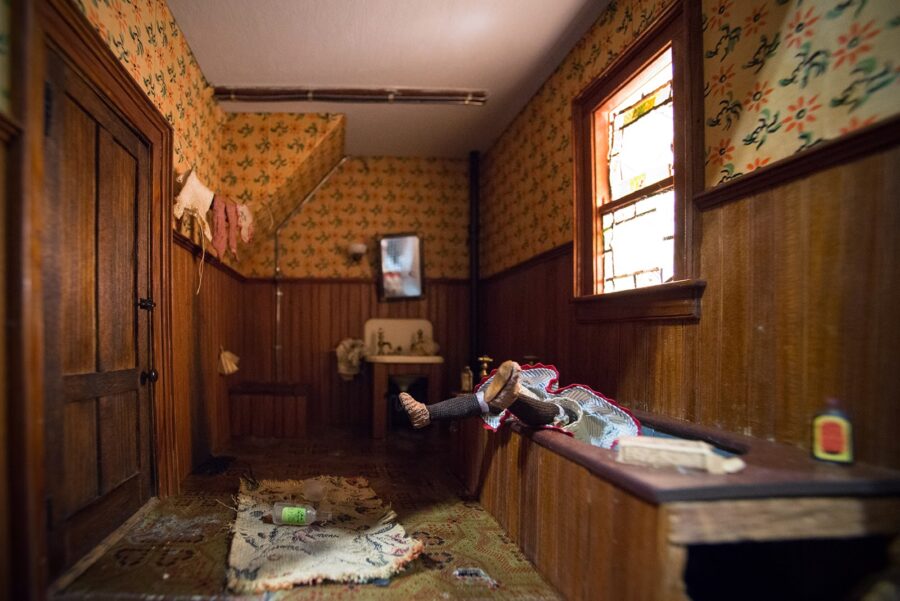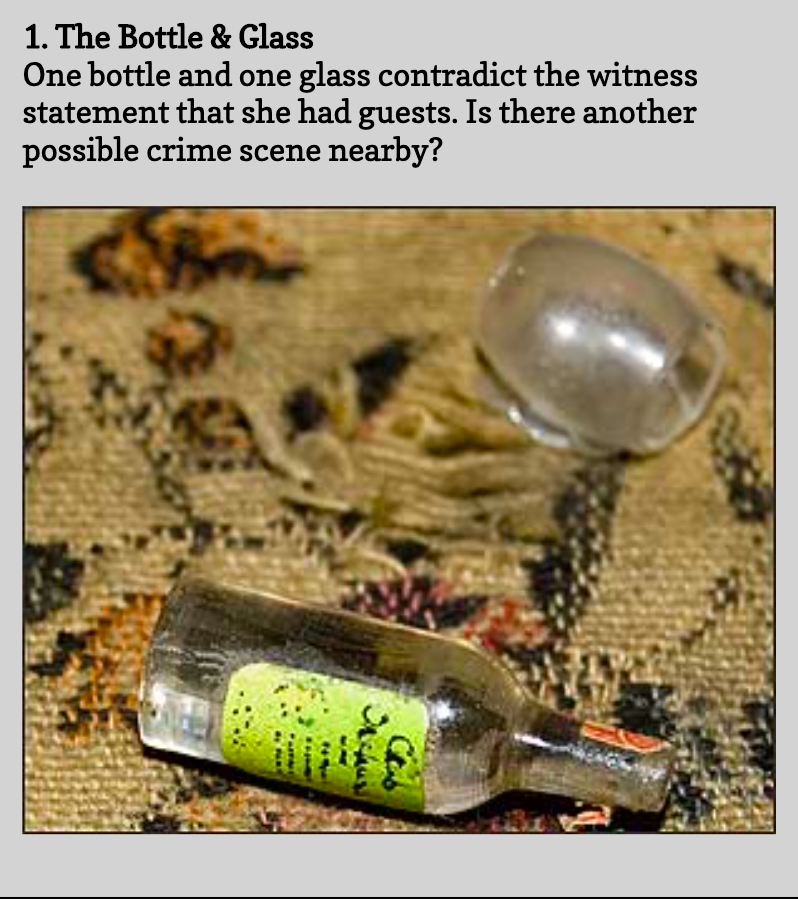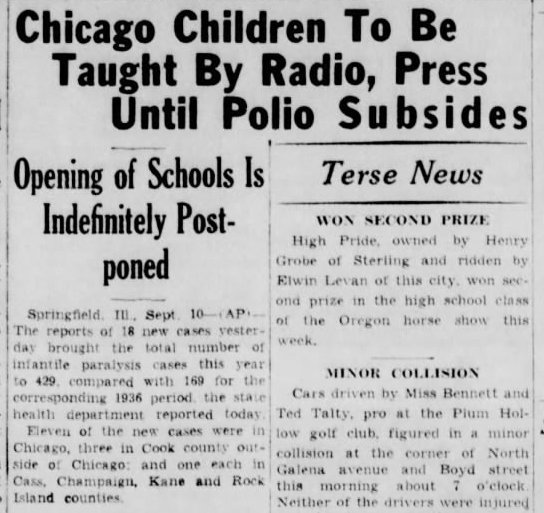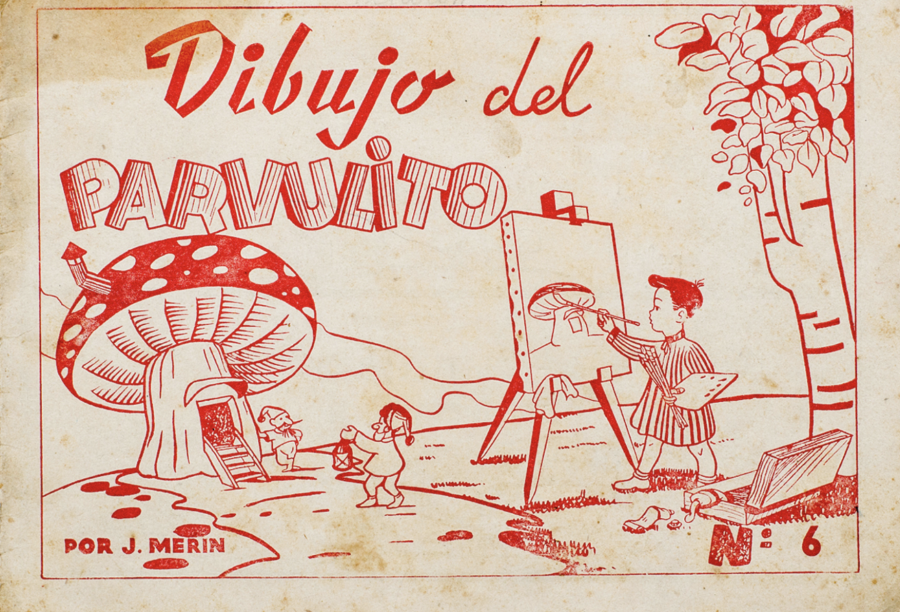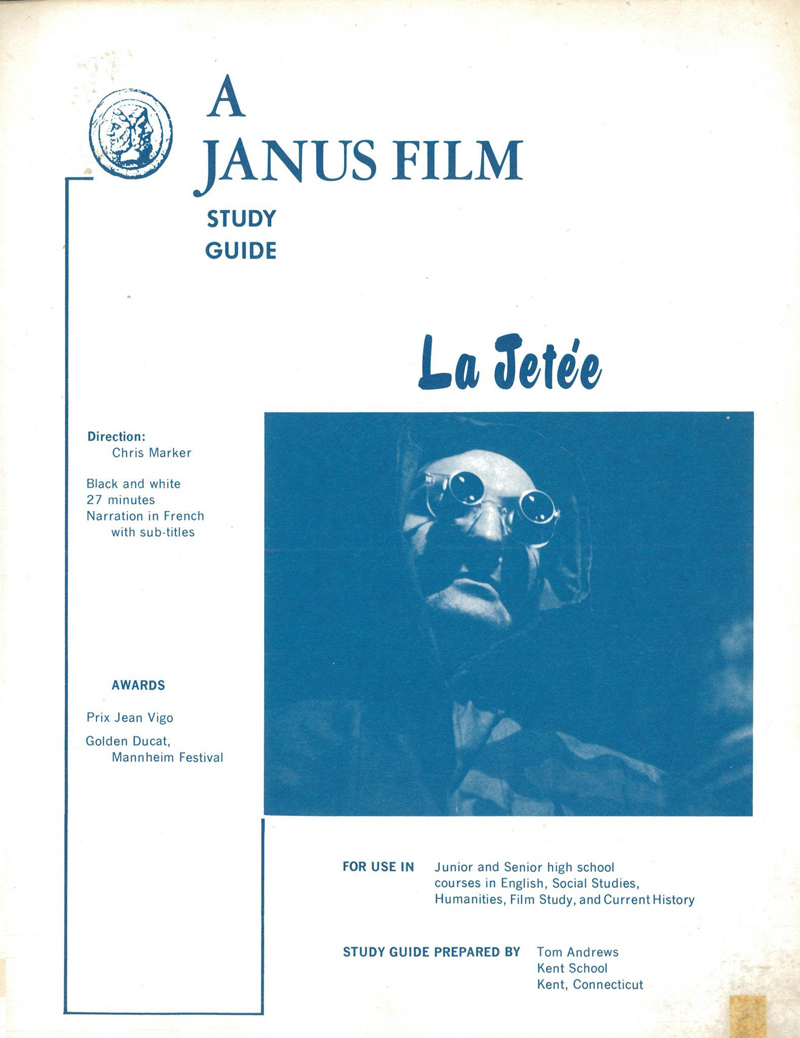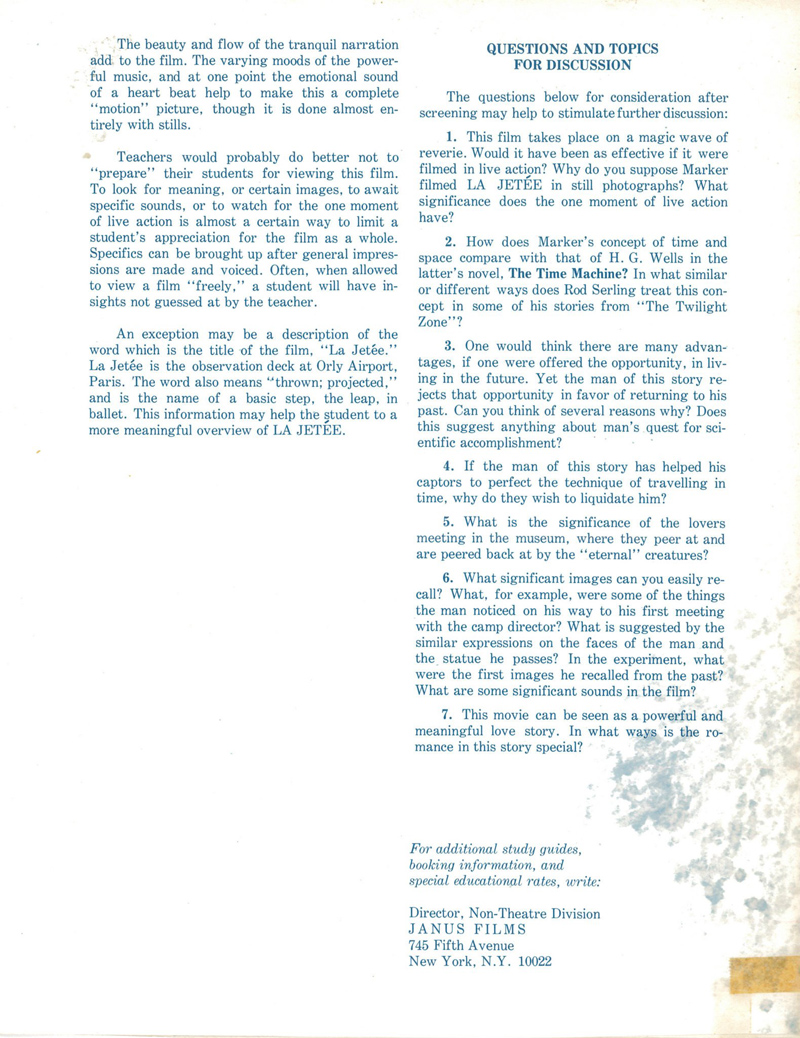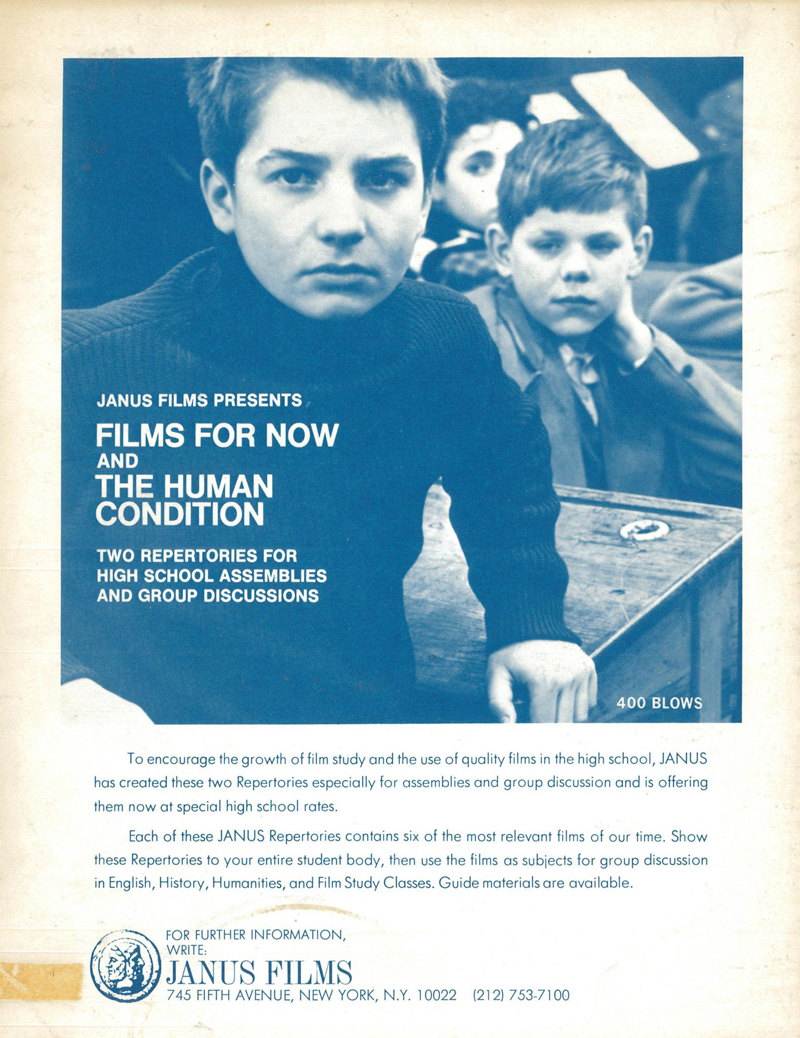If you’ve left formal education, you no doubt retain a few good memories from your years as a student. None of them, safe to say, involve studying — assuming you managed to get any studying done in the first place. The unfortunate fact is that few of us ever really come to grips with what it means to study, apart from sitting by oneself with a textbook for hours on end. Despite its obvious inefficiency as a learning method, we’ve all found ourselves doing that kind of “studying” at one time or another. Having taught psychology classes for 40 years, Pierce College professor Marty Lobdell has seen thousands of students laboring, indeed suffering, under similar studying-related assumptions, and in his 8.7‑million-times-viewed talk “Study Less, Study Smart,” he sets out to correct them. He has also dispensed his wisdom in a book by the same title.
Not many of us can get much out of a textbook after a few hours with it, or indeed, after more than about thirty minutes. It’s thus at such an interval that Lobdell suggests taking a regular five-minute break to listen to music, play a game, talk to a friend, meditate — to do anything but study — in order to recharge your ability to focus and head off these diminishing returns of absorption. At the end of each entire study session, you’d do well to schedule a bigger reward in order to reinforce the behavior of engaging in study sessions in the first place. Ideally, you’ll enjoy this reward in a different place than you do your studying, which itself shouldn’t be a room that comes with its own distracting primary use, like the bedroom, kitchen, or living room.
Even if you have a dedicated study area (and better yet, a dedicated study lamp that you turn on only while hitting the books), you won’t get much accomplished there if you rely on simply reading texts over and over again in hopes of eventually memorizing their contents. Lobdell recommends focusing primarily on not facts but the broader concepts that organize those facts. An effective means of checking whether you understand a concept is to try explaining it in your own words: Richard Feynman premised his “notebook technique” for learning, previously featured here on Open Culture, on just such a process. You’ll also want to make use of the notes you take in class, but only if you take them in a useful way, which necessitates a process of expansion and revision immediately after each class.
Lobdell has much more advice to offer throughout the full, hourlong talk. In it he also covers the value of study groups; the more questionable value of highlighting; genuine remembering versus simple recognition; the necessity of a good night’s sleep; the “survey, question, read, recite, review” approach to textbooks; and the usefulness of mnemonics (even, or perhaps especially, silly ones). If you’re a student, you can make use of Lobdell’s techniques right away, and if you once were a student, you may find yourself wishing you’d known about them back then. But properly adapted, they can benefit the intellectual work you do at any stage of life. Never, after all, does concentration become less valuable, and never can we claim to have learned something unless we can first make it understood to others – or indeed, to ourselves.
If you want the cliff notes version of the Study Less, Study Smart lecture, watch the video below:
Related Content:
The “Feynman Technique” for Studying Effectively: An Animated Primer
Richard Feynman’s Technique for Learning Something New: An Animated Introduction
What’s a Scientifically-Proven Way to Improve Your Ability to Learn? Get Out and Exercise
Based in Seoul, Colin Marshall writes and broadcasts on cities, language, and culture. His projects include the Substack newsletter Books on Cities, the book The Stateless City: a Walk through 21st-Century Los Angeles and the video series The City in Cinema. Follow him on Twitter at @colinmarshall, on Facebook, or on Instagram.
